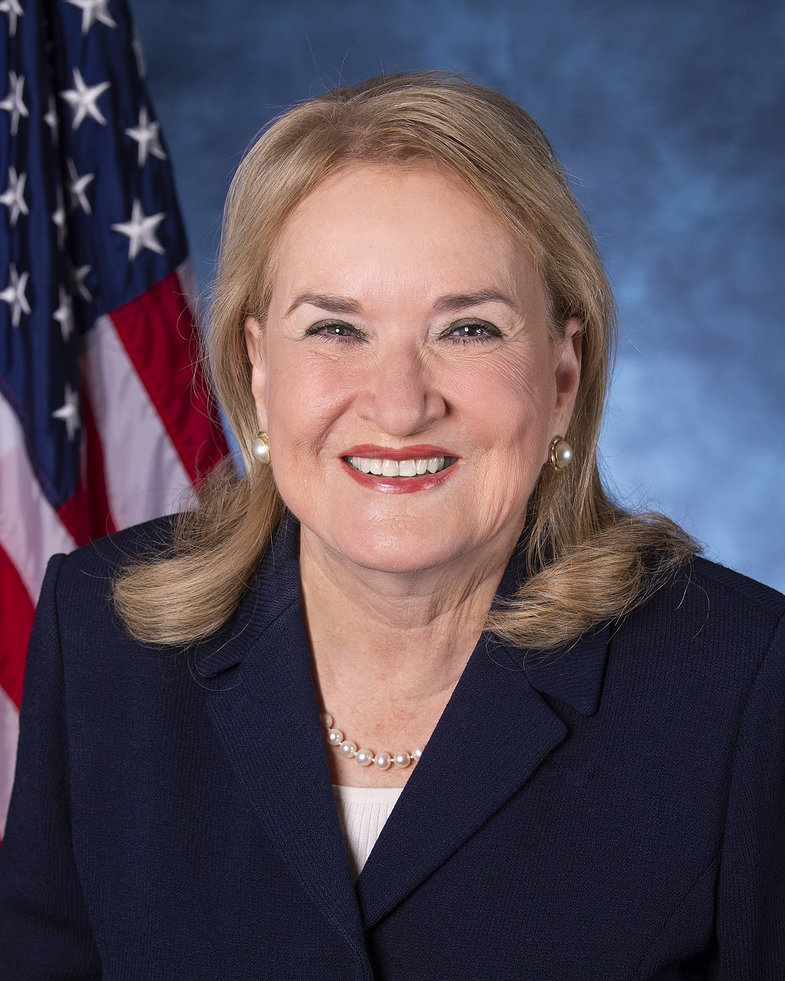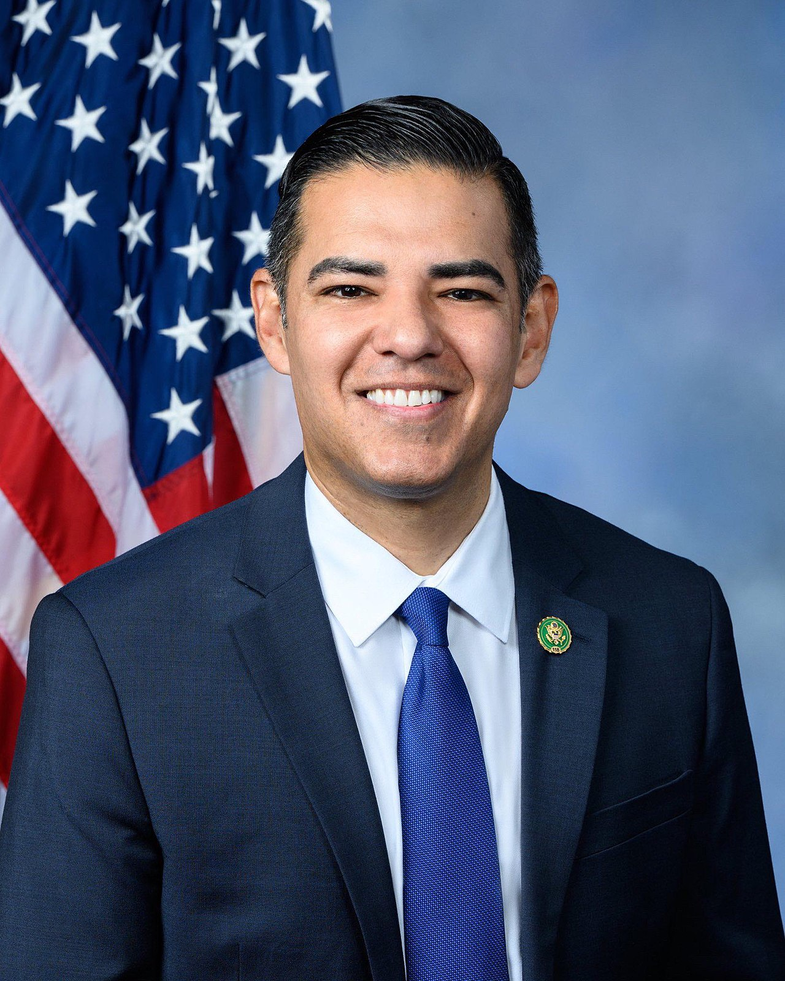H.R. 5603: Emergency Responder Protection Act
This bill, known as the Emergency Responder Protection Act, seeks to modify the authority of immigration enforcement officers operating near emergency response locations. The primary focus is on ensuring that immigration enforcement actions do not occur at or within 1,000 feet of designated protected emergency response areas unless there are urgent or exceptional circumstances.
Key Provisions of the Bill
- Restriction on Enforcement Actions: Immigration officers, including those from U.S. Immigration and Customs Enforcement (ICE) and U.S. Customs and Border Protection (CBP), are prohibited from conducting enforcement actions at or within 1,000 feet of protected emergency response locations unless exigent circumstances arise.
- Definition of Exigent Circumstances: Exigent circumstances include situations where there is an imminent threat to life or public safety, such as terrorism, or when there is immediate danger involving a targeted arrest of a terrorist suspect.
- Supervisor Consultation: If immigration officers are unsure whether exigent circumstances exist, they must cease their enforcement action and consult a supervisor to confirm the situation before proceeding.
- Incidental Enforcement Actions: If immigration enforcement leads agents near a protected location without a clear exigency, they must also halt their actions and act discreetly.
- Exceptions for Medical Emergencies: The bill allows an exception for transporting individuals who require medical care, even if they are apprehended at or near a border.
- Training Requirements: Officials will be required to ensure their staff receive annual training on the new limitations and proper procedures related to enforcement actions near emergency response locations.
- Reporting and Oversight: The Secretary of Homeland Security must report to Congress on enforcement actions taken near these locations, including details about the nature of the actions and circumstances justifying them.
- Annual Reports: Both ICE and CBP are tasked with submitting annual reports on their enforcement actions related to protected emergency response locations.
- Prohibition on Evidence Usage: If an enforcement action violates these restrictions, any information gathered during that action cannot be used in legal proceedings involving removal of the individual apprehended.
- Training Compliance: The bill specifies that the enforcement agencies must ensure their personnel are well-trained in compliance with the guidelines set forth.
Effective Date and Implementation
The provisions outlined in the bill will take effect 90 days after its enactment. The Secretary of Homeland Security is also mandated to create rules to implement these changes within the same time frame.
Relevant Companies
None found
This is an AI-generated summary of the bill text. There may be mistakes.
Sponsors
14 bill sponsors
-
TrackEmily Randall

Sponsor
-
TrackSuzanne Bonamici

Co-Sponsor
-
TrackGilbert Ray Cisneros, Jr.

Co-Sponsor
-
TrackSuzan K. DelBene

Co-Sponsor
-
TrackSylvia R. Garcia

Co-Sponsor
-
TrackRobert Garcia

Co-Sponsor
-
TrackJared Huffman

Co-Sponsor
-
TrackRobin L. Kelly

Co-Sponsor
-
TrackZoe Lofgren

Co-Sponsor
-
TrackEleanor Holmes Norton

Co-Sponsor
-
TrackAndrea Salinas

Co-Sponsor
-
TrackBrad Sherman

Co-Sponsor
-
TrackAdam Smith

Co-Sponsor
-
TrackRashida Tlaib

Co-Sponsor
Actions
2 actions
| Date | Action |
|---|---|
| Sep. 26, 2025 | Introduced in House |
| Sep. 26, 2025 | Referred to the House Committee on the Judiciary. |
Corporate Lobbying
0 companies lobbying
None found.
* Note that there can be significant delays in lobbying disclosures, and our data may be incomplete.
Potentially Relevant Congressional Stock Trades
No relevant congressional stock trades found.